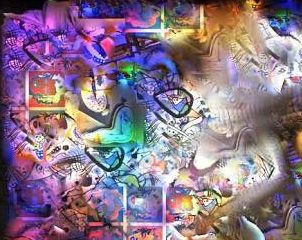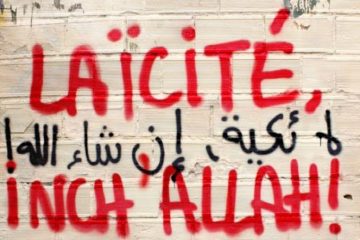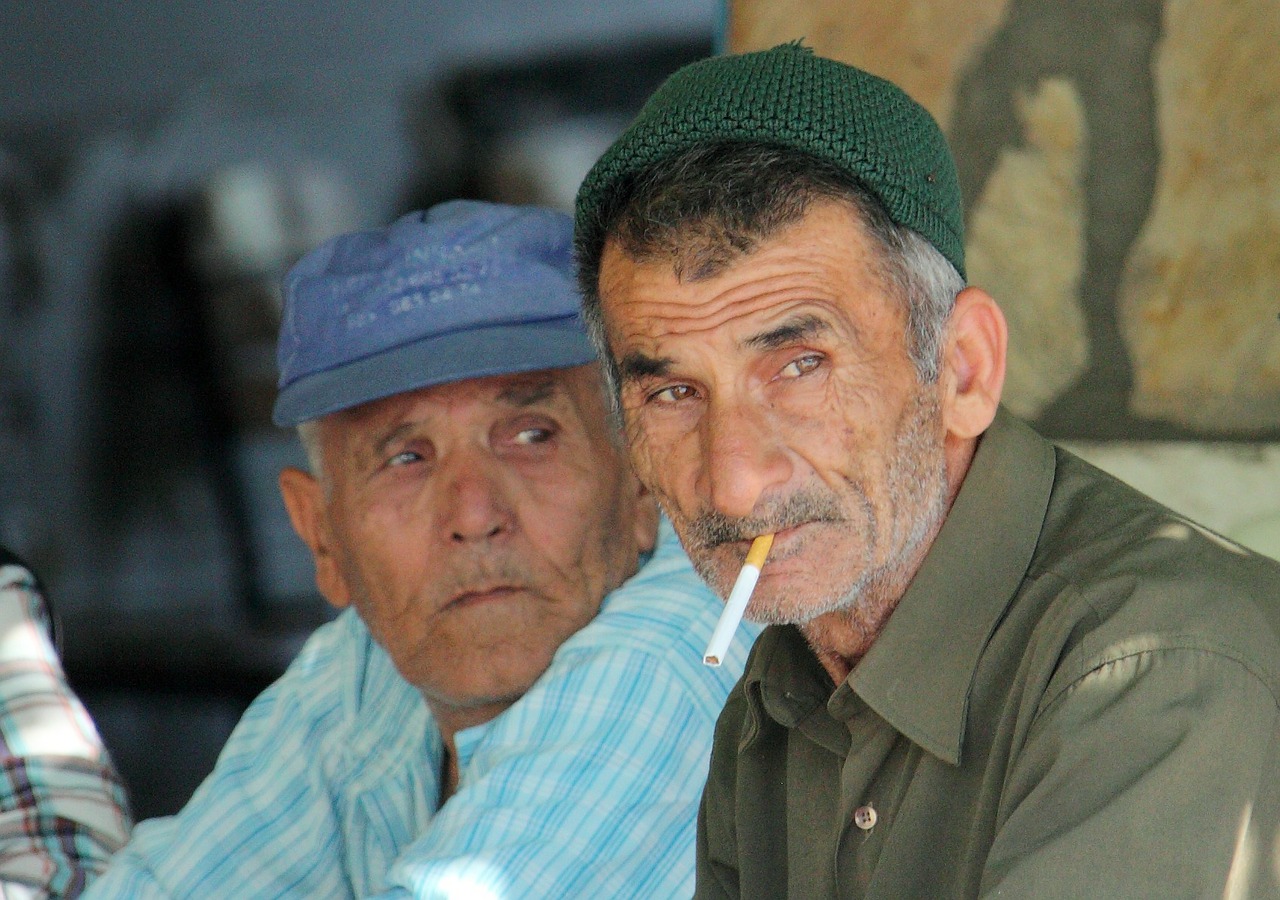Bu çalışma, Cumhuriyet’in ilk yıllarında edebiyatın yeni ulusu anlatmak amacıyla resmi ideoloji ile yakın bir temas içinde geliştiği, yeni ulusun ideolojisini ve modernleşme çabalarını desteklemek ve geniş kitlelere yaymak için birçok romanın kaleme alındığı fikrinden hareket etmektedir. Bu bağlamda çalışmada, Reşat Nuri’nin Yeşil Gece (1928) ve Halide Edip’in Vurun Kahpeye (1926) romanları örnek olarak alınmaktadır. Cumhuriyet’in ilk yıllarında ulus inşası, resmi ideoloji ve modernleşme çabaları ile sağlanmaya çalışılmış, ilerleme ve değişim öğretmen figürü üzerinden resmedilirken, ulusun yeni ideolojisi önündeki engel olarak din adamı gösterilmiştir. Bu dönemle ilgili homojen bir yapı olmamakla birlikte bu romanlarda, ulusun ideolojisi ve modernleşme anlatılarına paralel olarak din ve dini kişilikler olumsuz biçimde resmedilmiştir. Bu romanlarda dini kişilikler, bireysel karakter olmaktan çok bir sosyal tip olarak sunulmuştur. Bu romanların çalışmamızla ilgili iki ortak noktası bulunmaktadır. İlki, ulusun ideolojisi ve modernleşme süreciyle bağlantılı olarak, din adamı figürünün değişime karşı çıkması başta olmak üzere, din adamının olumsuz özelliklerle temsili, ikincisi ulus ideolojisinin din adamlarına alternatif olarak sunulan ileri görüşlü öğretmenler aracılığıyla tesis edilmeye çalışılmasıdır. Din adamına karşı öğretmen figürüyle ulus inşası amaçlanmıştır. İlk bölümde, edebiyatın bir dalı olarak roman ve ulus inşası ele alınmış, ikinci bölümde Yeşil Gece ve Vurun Kahpeye romanları örneğinde Erken dönem Cumhuriyet romanında din adamının temsili incelenmiştir.
Anahtar Kelimeler — Cumhuriyet Romanı, Din Adamı, Ulus İnşası, Kimlik, İnşacılık
Atıf — Özbolat, A. (2012). Bir Ulus Yaratmak: Erken Dönem Cumhuriyet Romanında Din Adamının Temsili, e-Turkish Studies (elektronik), Cilt 7 Sayı 4, 2473-2483
Makaleyi İndirCreating a Nation: Representation of Religious Functionary in Novel of Early
This study moves an idea that support the ideology of modernization and the efforts of the new nation, developed in close contact with the official ideology, spread a wide audience many novels were written and in order to explain the new nation of literature in the early years of the Republic. In this context, Resat Nuri “Green Night” (1928) and Halide Edip “Beat to Courtesan” (1926) are selected examples of novels. In the early years of the Republic nation-building has been made to the modernization efforts and official ideology, while depicted on the figure of the teacher progress and change and shown clergy as obstacles to the new ideology of the nation. Although there isn’t a homogeneous structure in the novels of this period, religion and religious personalities in parallel with the modernization narratives and ideology of nation is described in a negative way. Religious personalities are presented as a social type rather than individual character in these novels. There are two common points of these novels about our work. The first is represented with negative features of clergy, in connection with the process of modernization and the ideology of the nation especially opposition to change of the figure of clergy. Secondly is pursued the ideology of the nation through foreseeing teachers that presented as an alternative to against clergy. In short, nation-building aimed with the figure of the teacher against of the cleric. In the first part, novels as a branch of literature and nation-building are discussed. In the second part, in the case of “Green Day” and “Beat to Courtesan” is analyzed representation of religious functionary in Novel of Early Era Republican.
Keywords — Republic Novel, Religious Functionary, Nation Building, Identity, Constructivism
Citation — Özbolat, A. (2012). Bir Ulus Yaratmak: Erken Dönem Cumhuriyet Romanında Din Adamının Temsili, e-Turkish Studies (electronic), Vol 7, Issue 4, 2473-2483
Download Article

